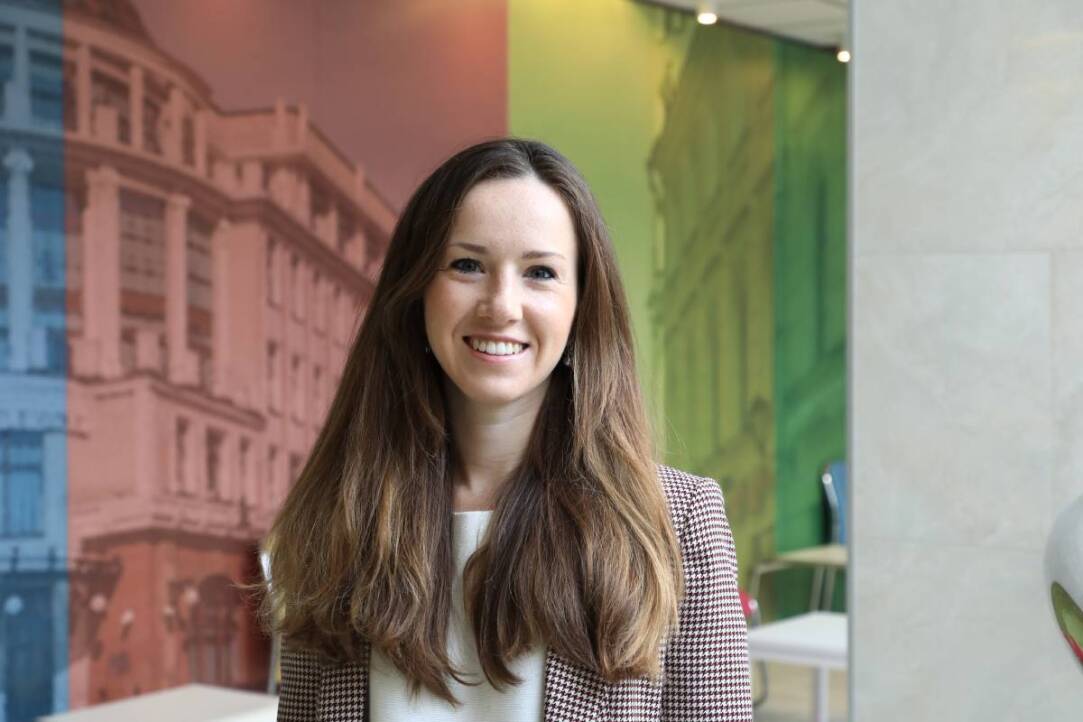
‘Mathematics Is Practically Everywhere: in Physics, Programming, Economics, Sociology, Biology, and Medicine’
Applied Mathematics is one of the flagship educational programmes run by the HSE Tikhonov Moscow Institute of Electronics and Mathematics. Anna Presnova, a lecturer at HSE University since 2018, has recently become its Academic Supervisor. She talked about the changes awaiting the programme, her personal research interests, and what it means to be a mother of two children while being involved in research, teaching and administration at the same time.
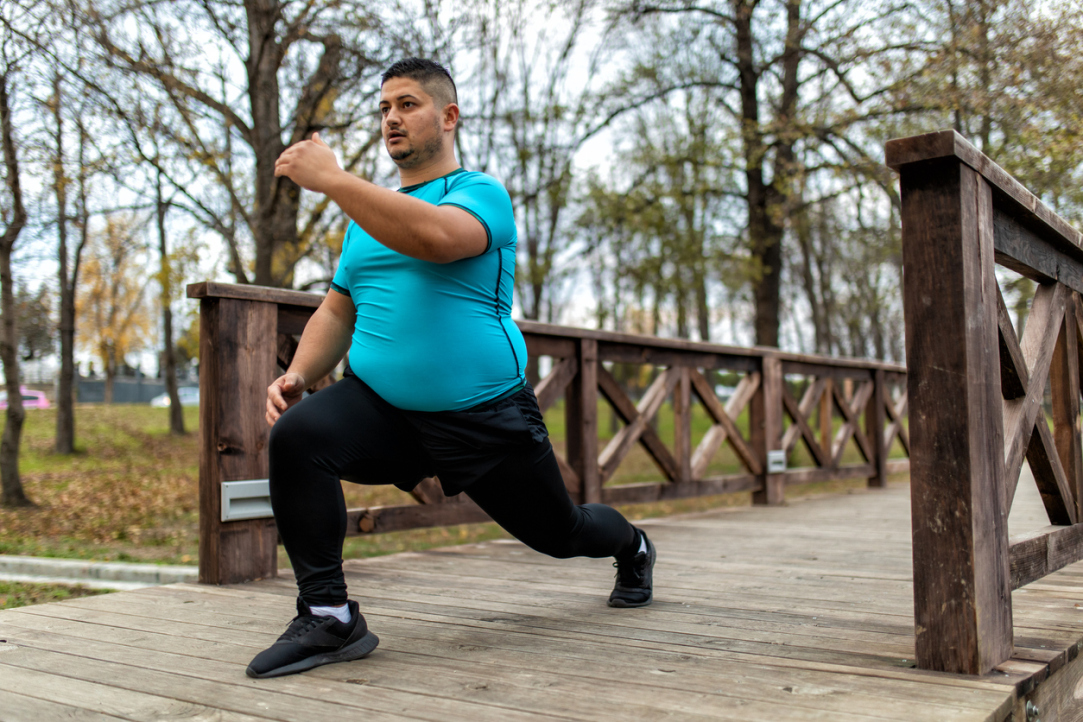
Obesity in Men Associated with Individualism, Study Finds
Researchers of the HSE Laboratory for Comparative Social Research (LCSR), jointly with colleagues from research centres in Germany, Australia and China, examined the relationship between national variations in obesity rates and cultural dimensions. The associations they found were tested empirically through analyses conducted across 51 countries worldwide. Individualism appears to be associated with a higher prevalence of obesity, but only in the male population. The study findings have been published in Social Science & Medicine.
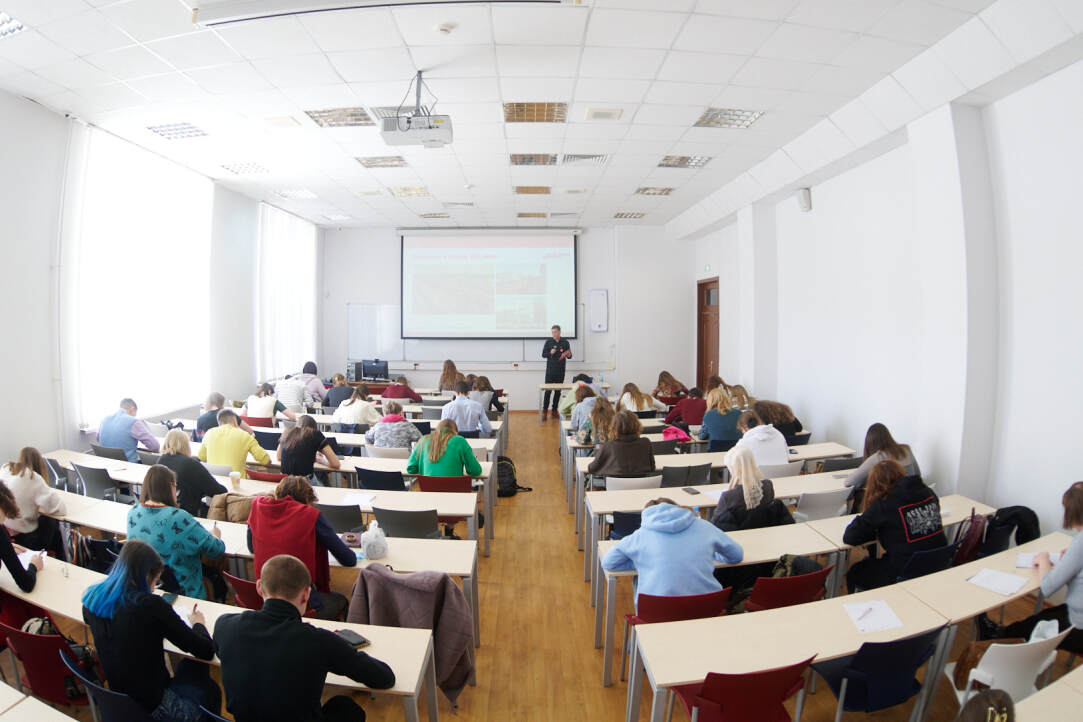
HSE University to Host Total Dictation for Tenth Time
On April 8, HSE University in Moscow will welcome participants of the 2023 Total Dictation, an open annual educational event that was first held in 2004. Since then, it has become a major event for anyone interested in writing and speaking Russian properly. This year at HSE University, it will be held at 11 Pokrovsky Bulvar, the Shabolovka building and, for the first time, the HSE Cultural Centre.
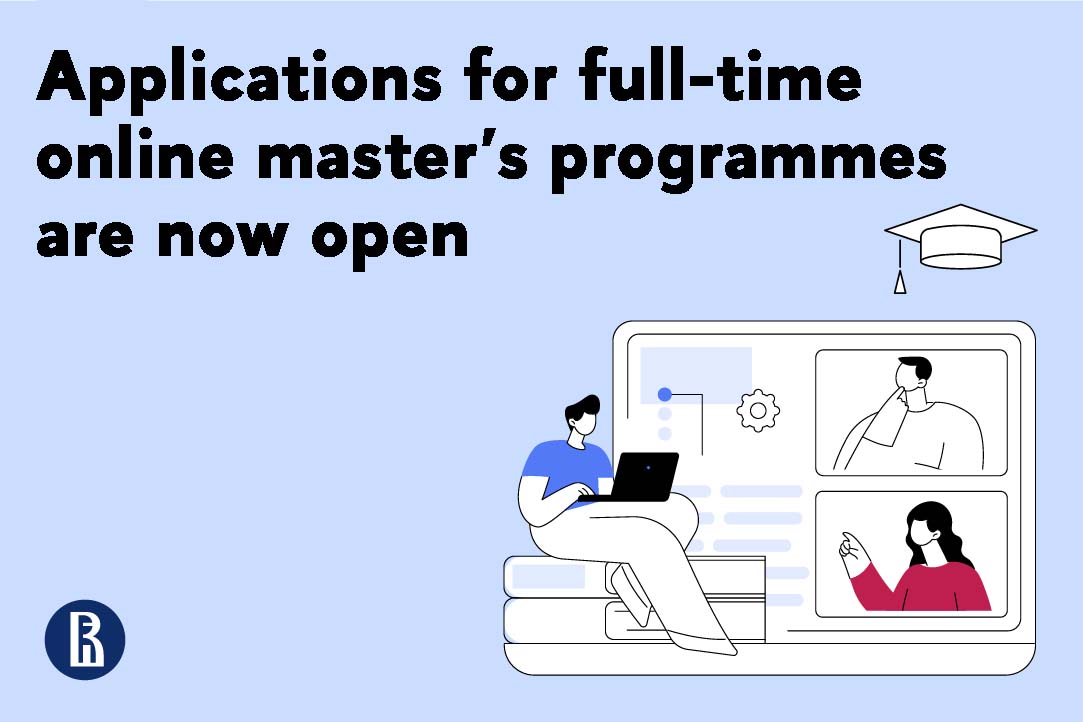
‘Top Managers, Business Owners, and Founders of Startups Apply to HSE Online Master's Programmes’
On April 1, HSE University opens applications for 18 full-time online master's programmes with a focus on digital technologies and in-demand subject areas. Online programmes provide an opportunity to learn from the academic community and industry experts while combining remote studies with work and family responsibilities.
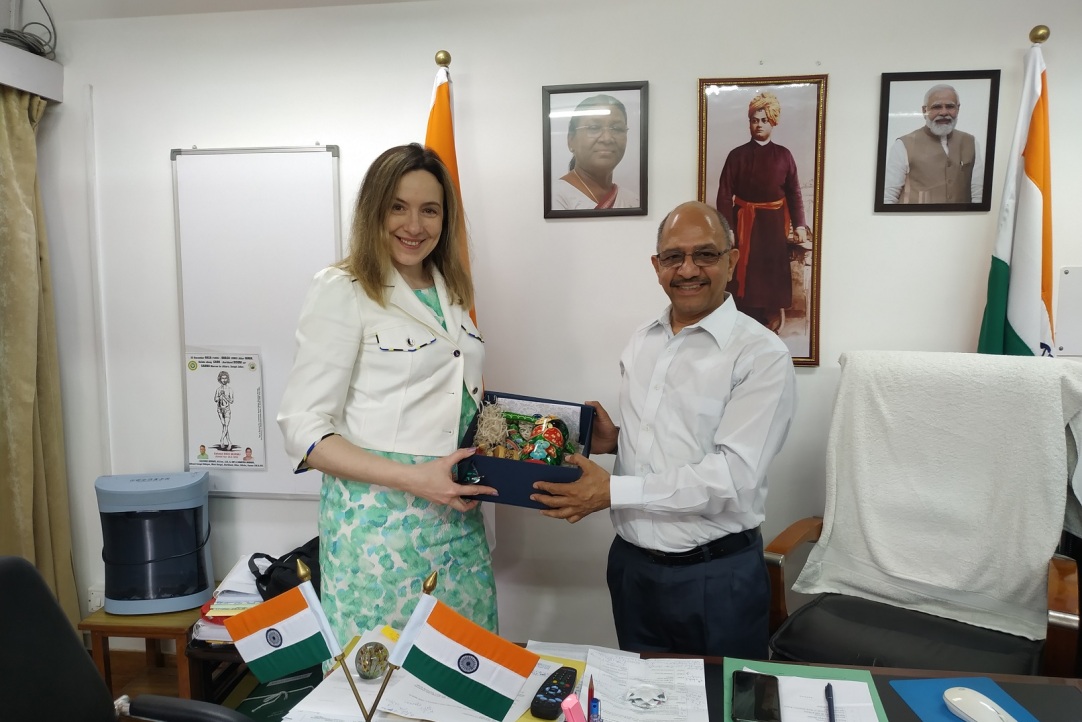
BRICS, W20 and Negotiations with Universities: Highlights of the HSE Delegation's Visit to India
An HSE University delegation led by Vice Rector Victoria Panova made a working visit to India in March 2023. HSE representatives took part in the eighth Raisina Dialogue multilateral conference, spoke at a meeting within the framework of the Women 20 (W20), and also held a number of bilateral meetings with leading Indian universities.
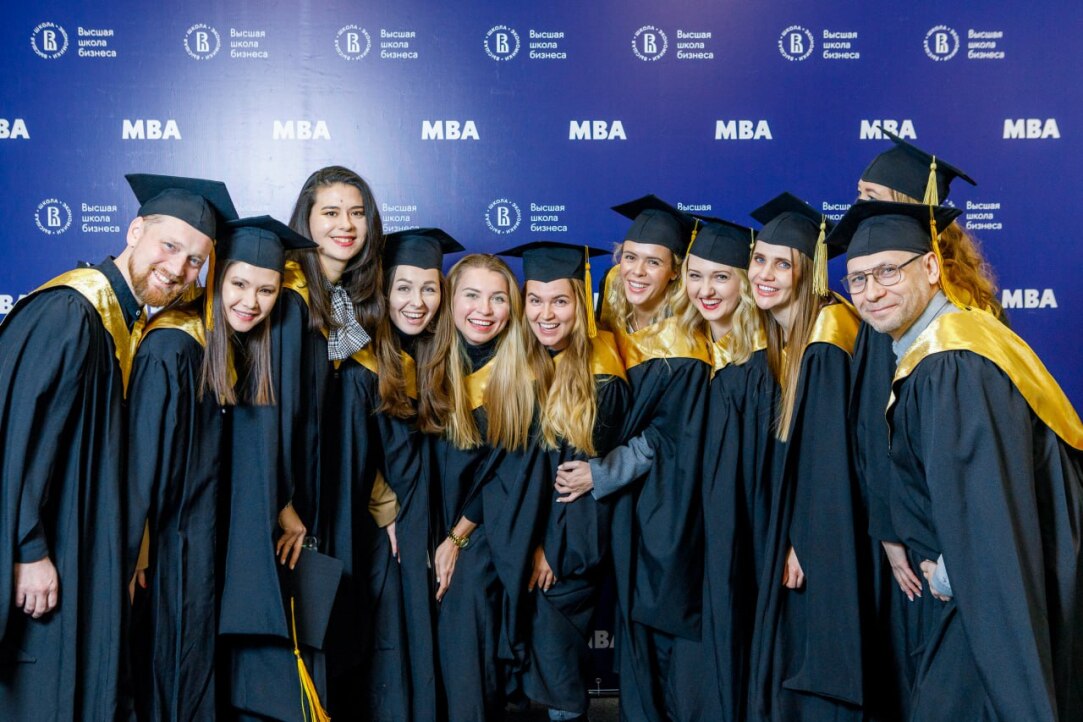
Updated MBA Launched at HSE Graduate School of Business
Amidst a turbulent market and tectonic shifts in the environment, senior executives of Russian companies are showing a greater need for business education. This spring, the HSE Graduate School of Business has launched updated Master of Business Administration and Doctor of Business Administration programmes. The programme organisers report a large number of incoming applications, and currently there are 50 students enrolled in the MBA programme.
.jpg)
‘The Difference between Entrepreneurs and Managers Lies in the Readiness to Risk’
Alexander Zayonts, Founder, President and CEO of the Hoff hypermarket chain, delivered a talk on ‘Promoting Business Under Restrictions’ as part of a series of sessions with leading Russian practicing economists and entrepreneurs. Alexander has a place on the ICEF Endowment Fund Board of Trustees. The event was moderated by HSE University President Alexander Shokhin.
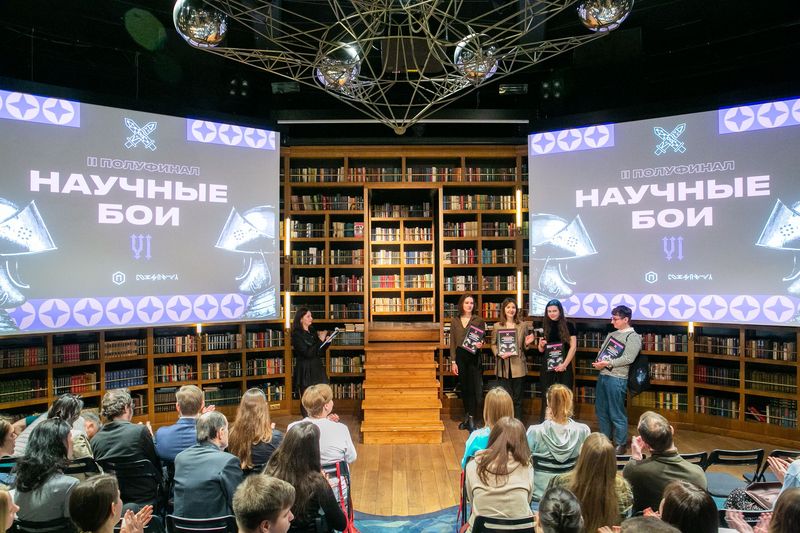
From Cultural Appropriation to Prison Jargon: Second Semi-Final of Science Battles Takes Place at HSE University
On March 19, the second semi-final of the fourth season of HSE University Science Battles brought together the topics of cultural appropriation, pharmacological neural networks, prison jargon, and ‘diseases’ of higher education on the same stage. Students from various degree programmes presented their projects in the Community space. Read on to find out more about the performances featured in the semi-finals.
Carbon Farming and Bioeconomy Development in Russia: Presentation of HSE University Carbon Test Site at G20
The G20 Research and Innovation Initiative Gathering (RIIG) on circular bioeconomy was recently held in Dibrugarh, India. Over a hundred scientists, representatives of government agencies, and members of international organisations from almost thirty countries (including Russia) took part. Alexey Ivanov, Academic Supervisor of the Centre for Technology Transfer at HSE University, spoke about the role of carbon farming in climate change mitigation and bioeconomy development and presented a project of the Pokrovsky carbon test site operated by HSE University.

Winning Expeditions of the First Wave of the ‘Rediscovering Russia’ Project Selection Announced
The first selection of winning expeditions of the inter-university student programme ‘Rediscovering Russia’ has been completed. The programme is being implemented by HSE University together with the presidential platform ‘Russia - Land of Opportunity’ and the ‘More Than a Trip’ programme. The Expert Council approved 47 applications, with 17 universities and 23 organisations among the winners. The expeditions will take place from April to July 2023 and will cover 41 Russian regions.


Deadline for applications to present academic reports - January 20, 2025